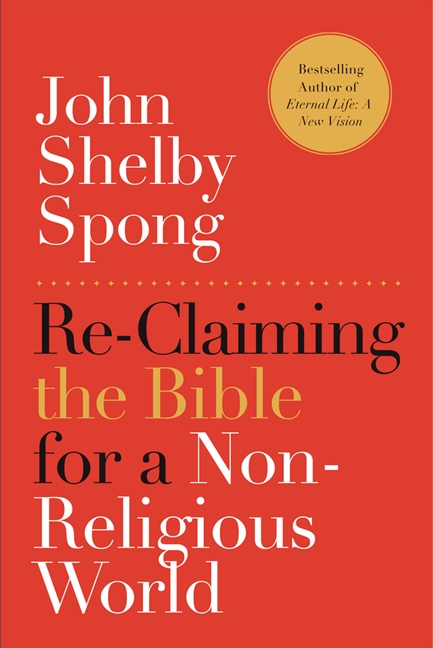Do you have any rules, beliefs or principles that you live by? Many of us do – even if we don’t realise, or can’t articulate them yet. These rules or principles are components of a personal philosophy that can contribute to our wellbeing by giving us clarity and direction in our daily lives. If you are interested in discovering your personal life philosophy, or explore how it can benefit your life, here are a few tools to get you started:
How to Live a Good Life: a Guide to Choosing your Personal Philosophy edited by Massimo Pigliucci, Skye C. Cleary and Daniel Kaufman
If you were inspired by last week’s blog post about using philosophy to solve life problems, then How to Live a Good Life will offer further guidance. This essay collection introduces fifteen schools of thought – from ancient Eastern and Western philosophies, to religious traditions, to modern philosophies – and what it is like to live according to those philosophies. Each contributor offers lively, personal accounts of what it means to live an examined life in the twenty-first century. How to Live a Good Life offers a clear, accessible guide, backed by deep academic expertise, for anyone considering their life-choices and looking for options for change.
Buy Yourself the F*cking Lilies: and Other Rituals to Fix Your Life, from Someone Who’s Been There by Tara Schuster
This hilarious and relatable memoir has gone straight onto my To Read list. Tara Schuster is a successful playwright and entertainment industry executive; but beneath that high-flyer veneer, she was a self-medicating mess trying to deal with depression, anxiety, and shame borne of parental neglect. Buy Yourself the F*cking Lilies tells the story of Tara’s path to re-parenting herself and becoming a “ninja of self-love.” She shares how she learnt to establish simple, daily rituals that helped to bring her mind, body, and relationships back to good health. This is the book Tara wished someone had given her – and so she wrote it, hoping it will help other people feel less lonely in their experience. A terrific guide to self-care for these times.
Be Bold: Manifest your Dream Life by Alexis Fernandez
Alexis Fernandez loves to understand how the mind works – so much so, that this Pilates instructor and personal trainer returned to uni to study neuroscience. She has been weaving her knowledge about body and mind into a successful podcast (Do You F*cking Mind?) and now her first book – Be Bold: Manifest your Dream Life. Alexis suggests that our brains are often conditioned to be more avoidant and protective than is necessary; and by realising how much control we have over our thoughts and our emotions, we can learn (and unlearn) how to unlock the best version of ourselves. Full of tough love, practical advice and ‘mindset hacks’, Be Bold: Manifest your Dream Life can help us set healthy boundaries, move on from regrets, and overcome feelings of self-pity.
The Success Experiment: FlexMami’s Formula to Knowing what you Really Want and How to Get It by Lillian Ahenkan
DJ / Podcaster / Entrepreneur / “Professional Opinion-Haver” and now Bestselling Author: Lilian Ahenkan, aka FlexMami, is an Australian social-media star with a global following. She thinks of her current success as an experiment; having transformed herself from “a uni dropout with poor time-management skills” to highly sought-after media personality, within the space of a few years, while retaining her unapologetically fierce and funny self. The hypothesis at the heart of The Success Experiment is that anyone can create a unique formula for their own personal success. You don’t have to be exceptional – you just need to learn the algorithm. FlexMami will help you discover yourself – what you want, what you value, where you want to be, and why; and turn these into goals based on what actually fulfils you, instead of what feels easy or achievable.
Emotional Intelligence: a Simple and Actionable Guide to Increasing Performance, Engagement and Ownership by Amy Jacobson
This is a great primer about the What, Why and Hows of Emotional Intelligence, written by an expert on emotional intelligence and human behaviour. As organisations around the world put greater focus on the mindset and wellbeing of staff, they are also placing greater value on Emotional Intelligence as an essential attribute of high performance. Amy Jacobson, an experienced EI specialist, shares a range of tools and tips to help us identify and manage our personal emotions and the emotions of those around us, using the five key concepts of self-awareness, self-regulation, empathy, social skills and motivation. This guide is a practical, easy-to-use resource that offers powerful tools and actionable steps to create successful outcomes not just at work, but in personal and social situations as well.
Belonging: the Ancient Code of Togetherness by Owen Eastwood
Owen Eastwood is a performance coach who has worked with some of the most prestigious teams in the world, including national soccer and cricket teams, Royal Ballet School, the British Olympic Team, as well as the Command group at NATO. In Belonging: the Ancient Code of Togetherness, he explains how he helps teams to succeed by drawing upon the idea of Whakapapa from his own Maori heritage. Whakapapa is a powerful spiritual belief about belonging and identity that helps people connect and find a shared purpose. Belonging is not just about sports psychology; Owen Eastwood’s unique approach, which also weaves in insights from evolutionary science, personal development and philosophy, can unlock high performance in many different group contexts.






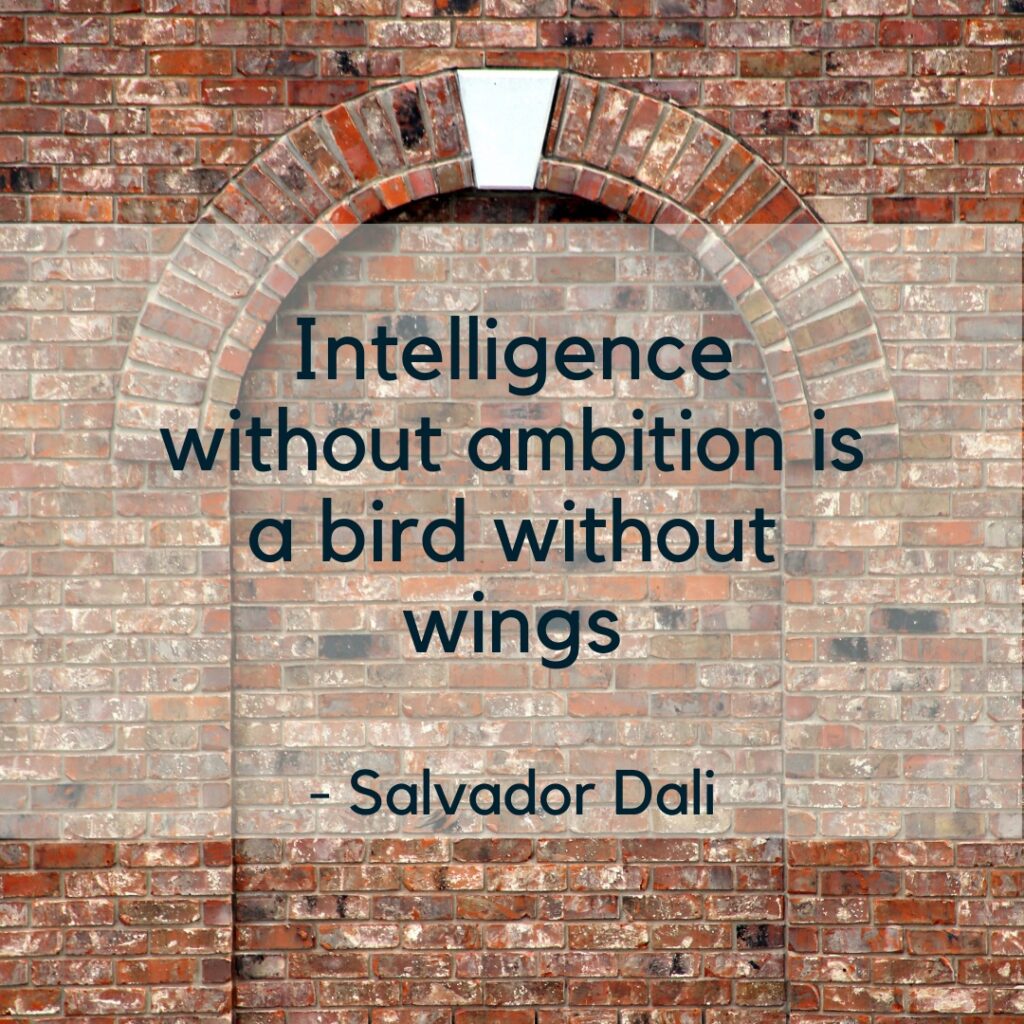






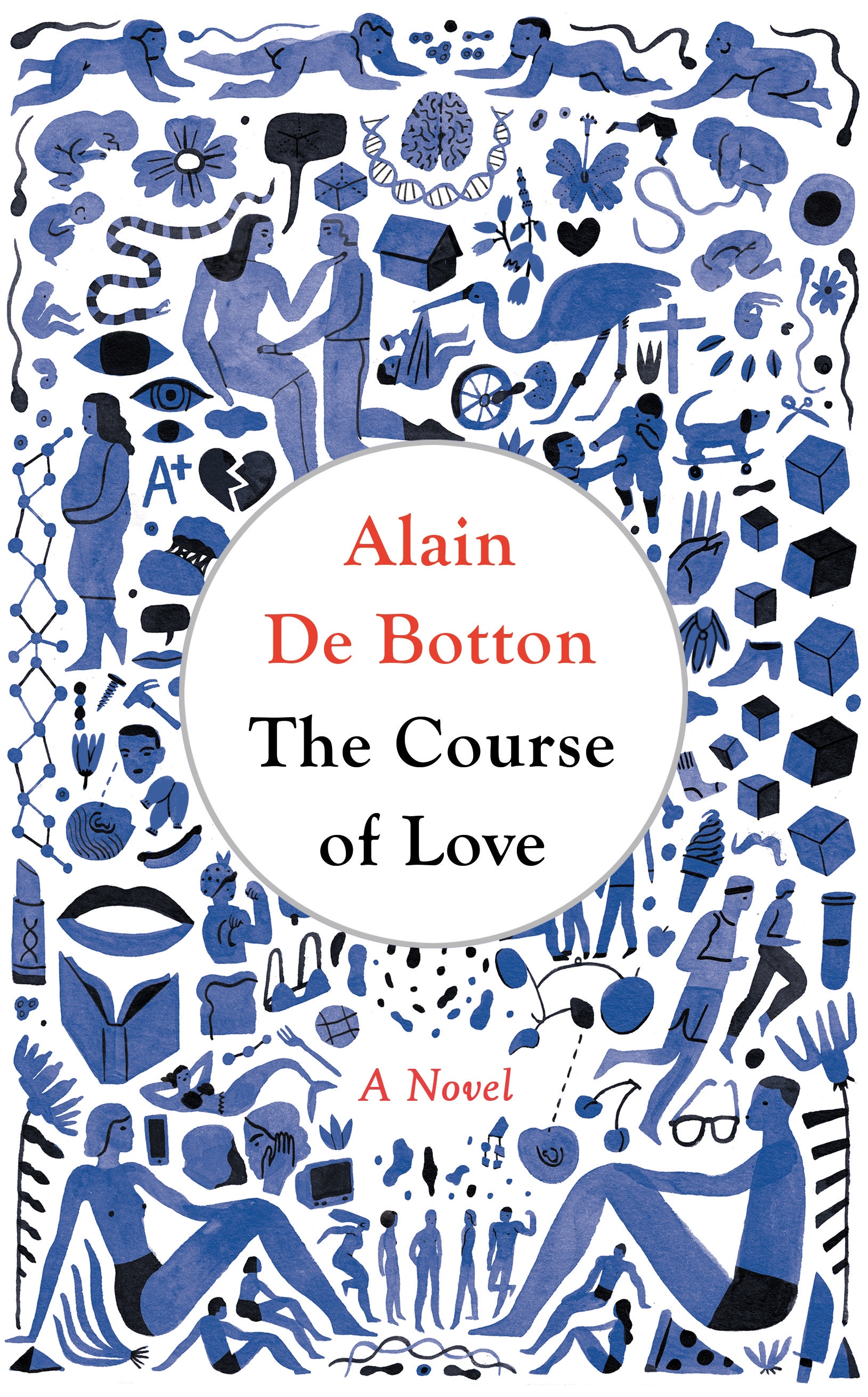
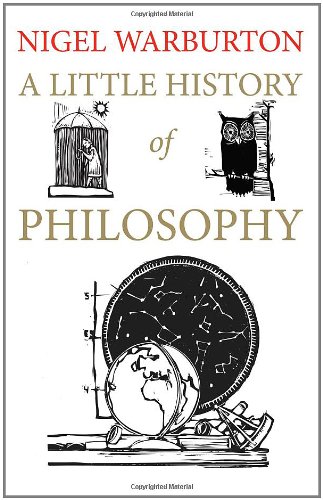
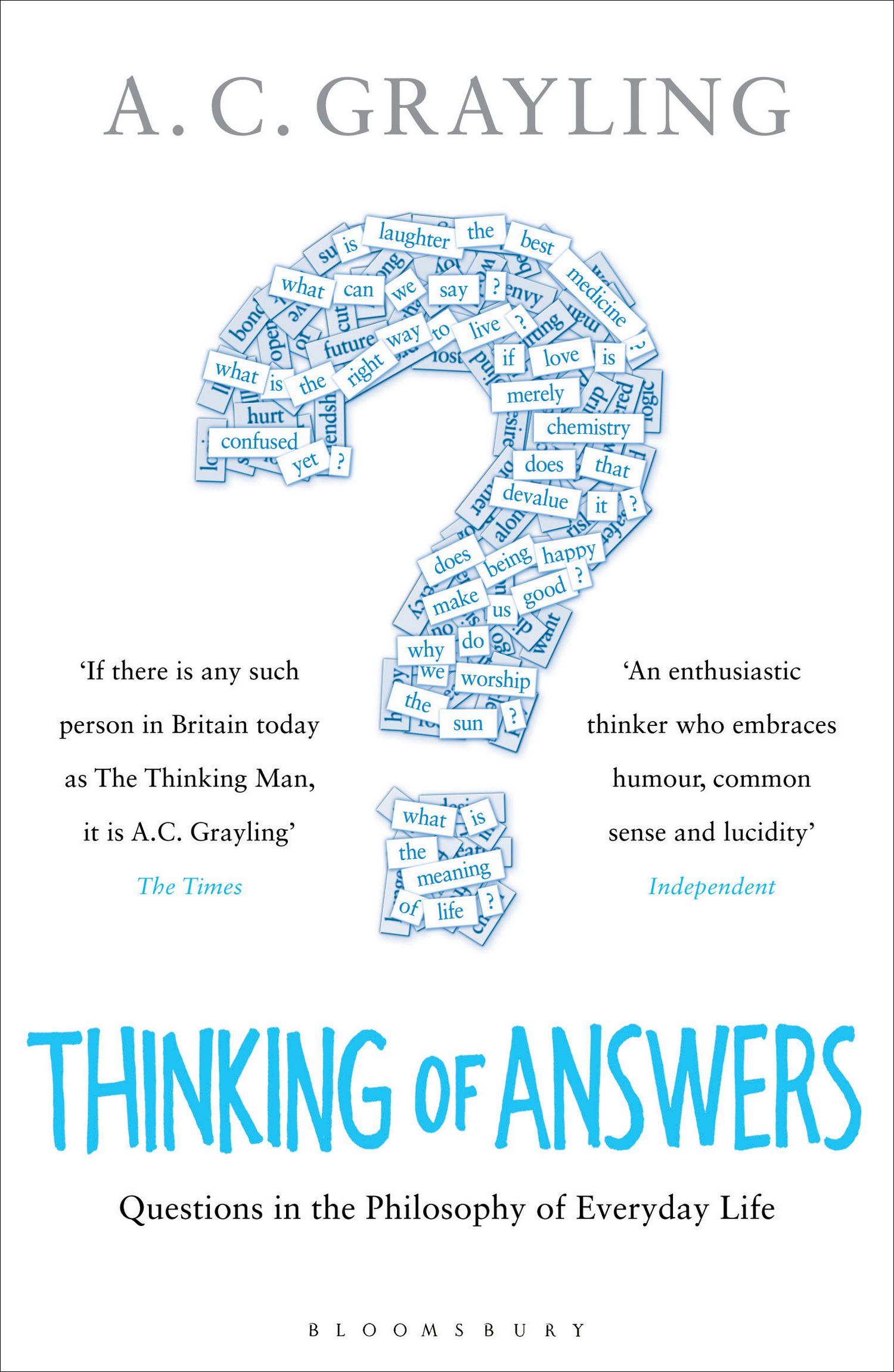
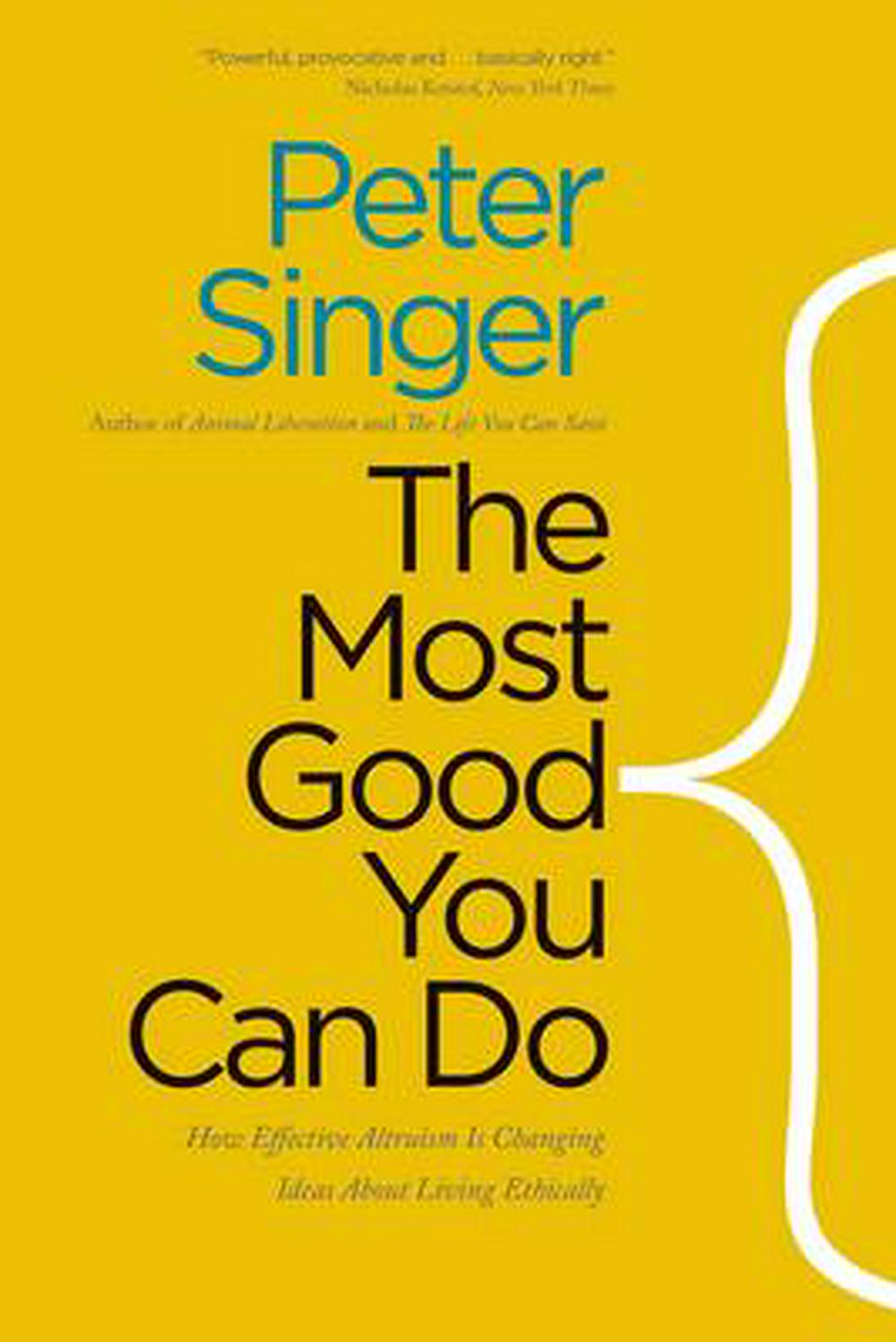 The Most Good You Can Do: How Effective Altruism is Changing Ideas about Living Ethically
The Most Good You Can Do: How Effective Altruism is Changing Ideas about Living Ethically